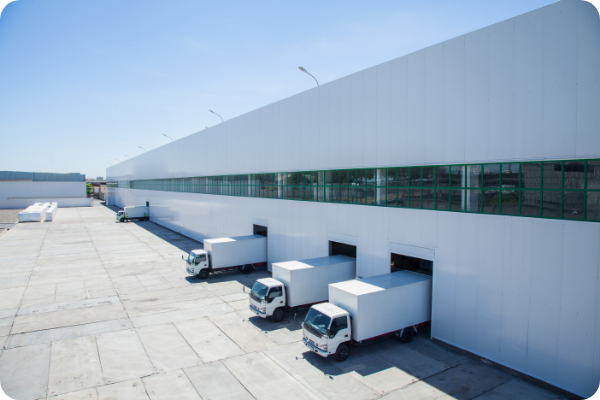October is National Cyber Security Awareness Month – an annual campaign which aims to raise the awareness about the importance of cybersecurity.
Recent Statistics from the National Cybersecurity Centre report that with more devices connected to the internet, than people in the world, and more than 1,000 attacks reported in the UK; Cyber-security is now “crucial to our national security and to our prosperity”.
In support of these figures, 2017 has borne witness to stories in the news, of many companies which have fallen foul of a cyber security breech, including big names: Maersk, TNT and Fedex.
National Cyber Security Awareness Month aims to ensure that individuals and companies alike understand how to stay safe online, and in turn educate the nation about how to protect themselves from being vulnerable to any potential cyber security threats.
As the future of technology develops, many more companies are moving from paper systems, into the ‘cloud’ so quickly.
And yes, whilst adopting modern technologies and embracing them as innovations, as opposed to seeing them as threatening disruptions is sensible and logical, there are now also seemingly repercussions, for our over-eagerness for the automation and consolidation of processes and procedures.
Without dispute, the Logistics Industry is fast becoming an avid advocate of these technological times, including but not limited to the adoption of Robotic Process Automation, IoT, and Autonomous vehicles.
The companies, Ocado and Amazon for example, could not physically function in the efficient and effective manner which their consumers have become accustomed to, without the digitisation of their supply chain, and subsequent logistics processes.
If these new advancements within the Logistics Industry seem a little too good to be true, that is not the case, but it should be addressed that with great power, comes great responsibility, and alongside the many positive attributes that exist surrounding technology, there are limitations and liabilities which need to be recognised too, before pressing full-steam ahead.
We can all learn from the travesties suffered by big-name companies, Maersk, TNT, and Fedex, as a lesson to us all, that technology is not a force to be reckoned with, but requires to be treated with due diligence and respect, and that an in-depth understanding is necessary in order to fully satisfy our need for digitisation.
Yet despite these tragic instances from which Maersk and TNT are reportedly still recovering, (where operations, communications, finances, and logistics processes were disrupted and delayed, and in which both incidences both the businesses and their customers were plighted) the Logistics Industry continues to plough ahead with their technological endeavours, in search of the next best technological innovation.
In recent news, Scania is working with Ericsson to enable driver-less vehicles, in a bid for the future of haulage to become more fuel efficient, and eradicate human hinderance, with plans for control by computer communications alone. Following these plans, of course the question lingering, poses concerns about how reliable these communications need to be, in order to prevent a catastrophic collision.
So what can be done to increase cyber security in the Logistics Industry?
As more valuable and vulnerable information becomes available online, the more malicious it seems cyber-attacks become; and it is of course not just the Logistics Industry which has in recent years, learnt the hard way to become ever-more vigilant.
In recent months, the NHS has been targeted, amongst other various companies to have been hit by attacks, and literally paying the price.
Malicious cyber-attacks including Ransomware, threaten the capture of valuable company data; which is effectively held ‘hostage’ until a requested ‘debt’ is paid to pacify a negotiation.
Malware, software patches, antivirus, and ransomware are all terms which need to be recognised and better understood by both civilians and businesses alike; yet as a result of the exponential rate at which technology continues to develop, security vulnerabilities in both software and hardware become more prevalent, leading to a greater risk of cyber-security being threatened.
With this in mind, and predictions from the National Cybersecurity Centre, that category one cyber-incidents are imminent in the near future, now is the time for businesses to start to recognise their weak spots, and put robust defence mechanisms in place, in order to protect their company data, their customers, and effectively their existence, in preparation for the present and the future














